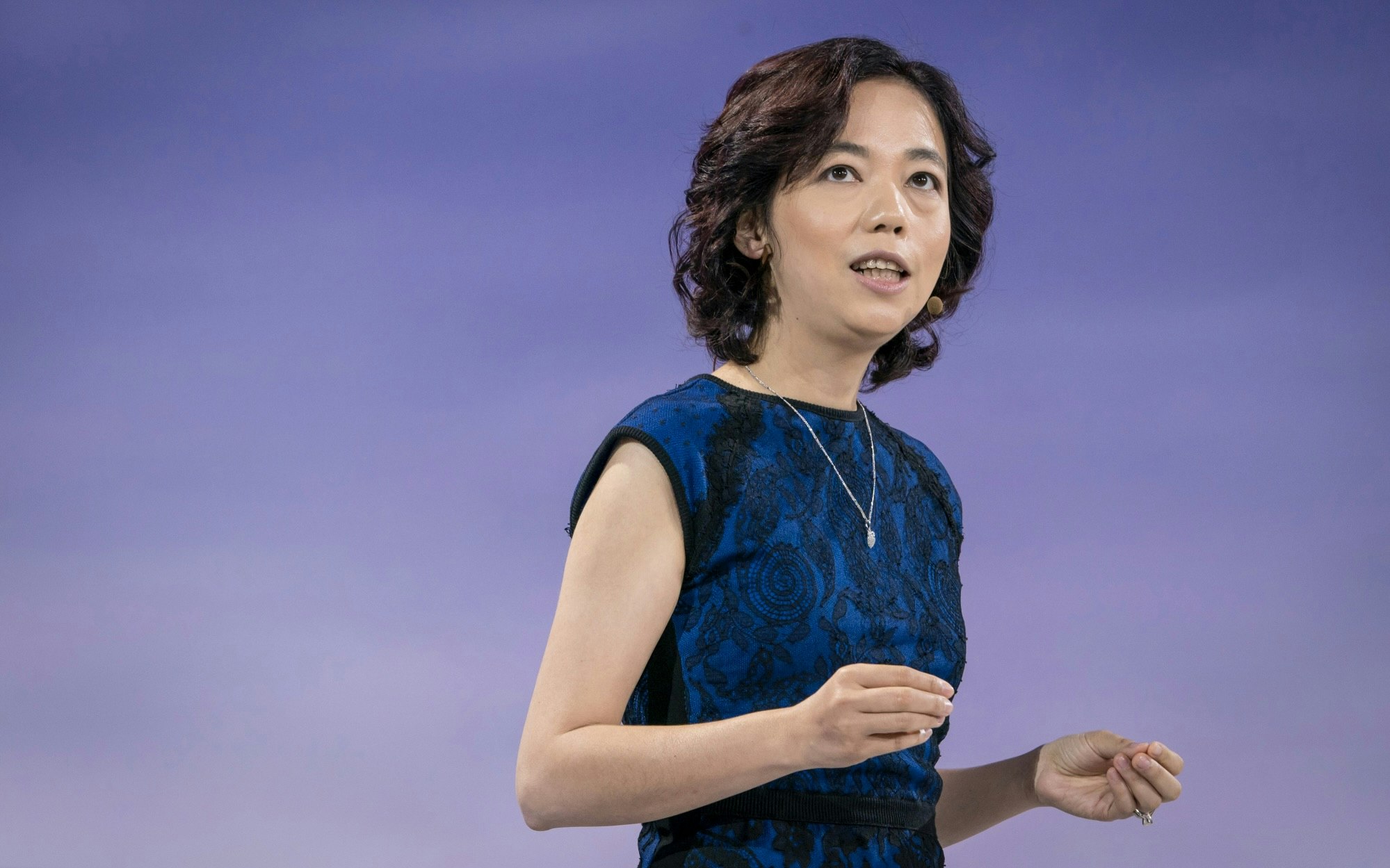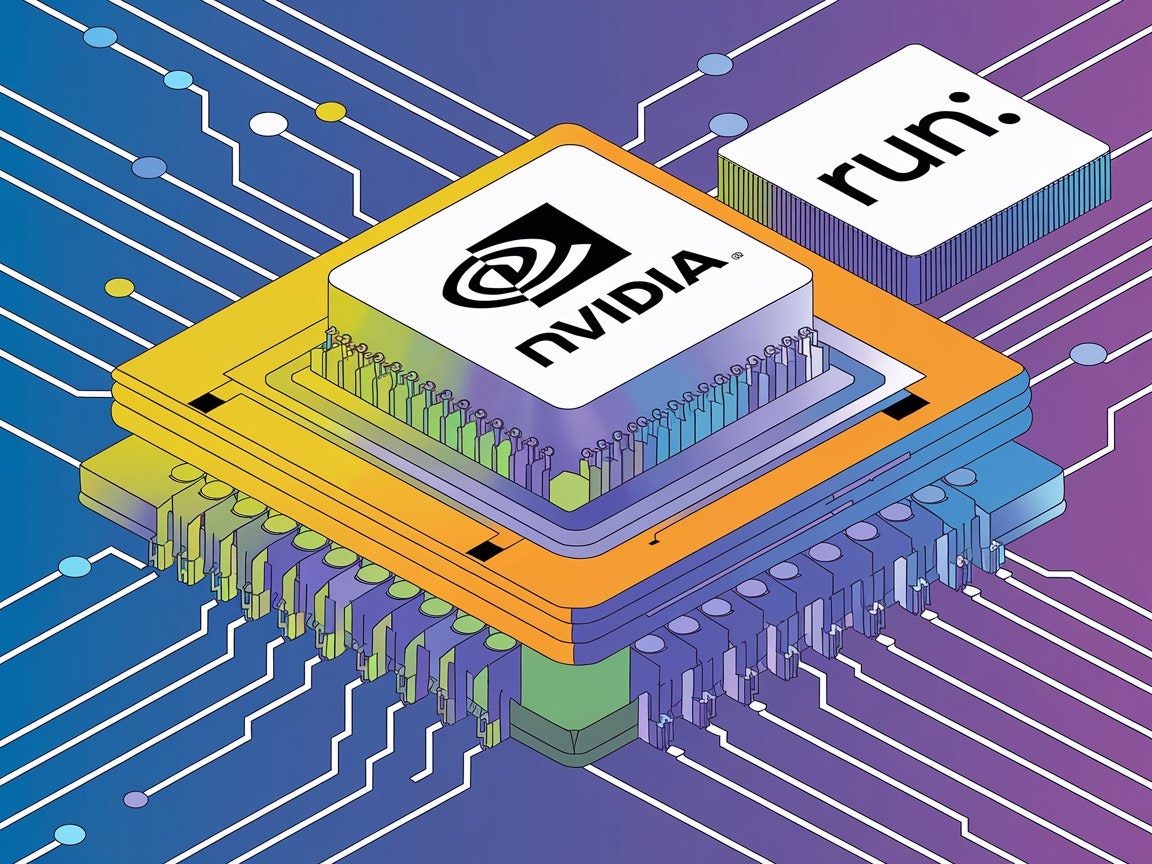Stanford University's artificial intelligence pioneer Fei-Fei Li built a billion-dollar startup in just four months and joined the fast-paced race to commercialize AI technology.
Li, known as the "Godmother of AI," founded the company World Labs in April, according to three people familiar with the matter. The start-up has already completed two funding rounds and brought on investors such as Andreessen Horowitz and Radical Ventures. These investors have valued the company at more than one billion dollars.
In the latest funding round, World Labs raised about $100 million, according to one of the sources. Fei-Fei Li has not responded to multiple requests for comment. Andreessen Horowitz and Radical Ventures declined to comment.
World Labs is the latest AI startup to attract major investments following OpenAI's release of the ChatGPT chatbot in November 2022, which led to a surge in investor interest in generative AI. In the last three months alone, investors have poured more than $27 billion into U.S. AI startups, accounting for about half of all startup funding during this period, according to PitchBook.
Li founded World Labs while she was on partial leave from her position at Stanford University, where she co-founded the Human-Centered AI Institute, a research institute launched in 2019 to use emerging technology to improve human conditions. Her company will attempt to develop "spatial intelligence" in AI by enabling human-like processing of visual data. In a TED talk in April in Vancouver, Li described the potential of machines to understand and navigate three-dimensional spaces.
This work would represent a major breakthrough in AI by enabling interaction with real environments and developing more advanced autonomous systems. Li became well-known in the AI scene by developing ImageNet, a large image dataset that advanced the ability of computer vision technology to identify objects. From 2017 to 2018, she led the AI department at Google Cloud, was a board member at Twitter from 2020 to 2022, and is an advisor to the White House AI Task Force.
Large image databases were crucial for the recent breakthroughs in AI, as they enable self-driving cars to navigate and AI models to correctly identify objects. Li's vision for spatial intelligence is even more ambitious: She wants to train a machine that understands the complex physical world and the relationship of objects within it.
[World Labs] is developing a model that understands the three-dimensional physical world; essentially the dimensions of objects, where things are located, and what they are doing," said a venture capitalist familiar with Li's work.
Other AI groups that catch investor interest include several developing intelligent robots capable of understanding and manipulating their physical environment. Skild, which is developing a "universal brain for a variety of robots," was valued at 1.5 billion dollars last week after a 300 million dollar financing round from SoftBank, the investment fund of Amazon founder Jeff Bezos, and Lightspeed Venture Partners.







